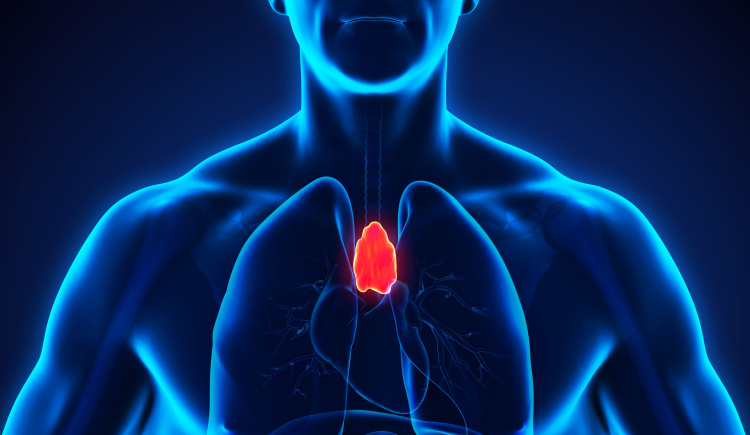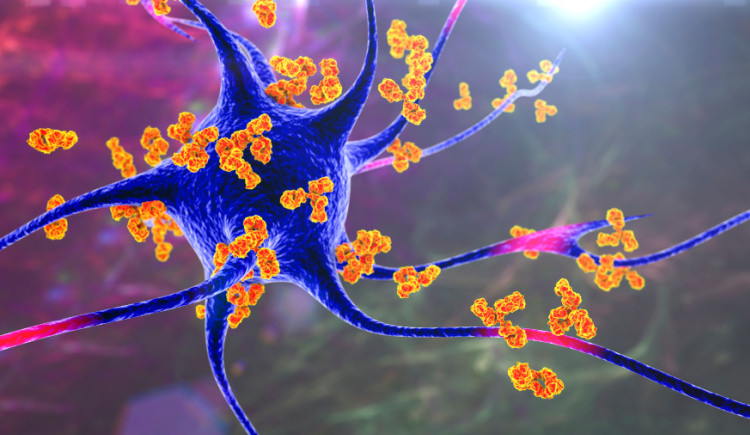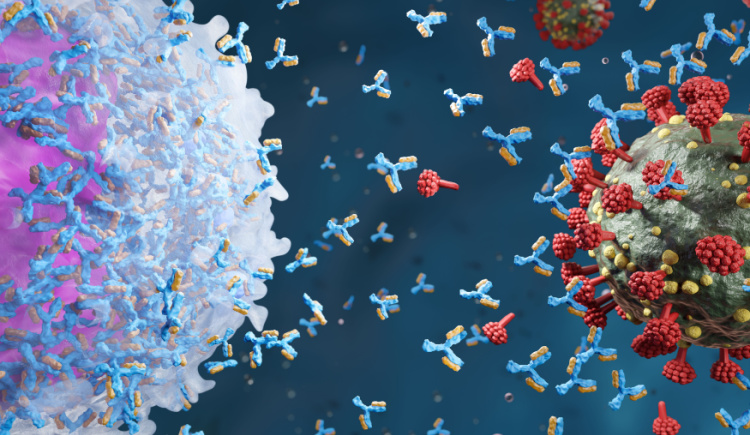
Thymus and TEC Biology
The thymus is the only tissue capable of supporting the development of functional, yet self-tolerant T lymphocytes. The T cell “educational program” in the thymus is primarily orchestrated by thymic epithelial cells (TECs), which provide the desired microenvironment for T cell differentiation and selection (reviewed in Kadouri N, et al, Nat Rev Immunology, 2019). Therefore, one of the primary goals of the Abramson lab is to better understand the functional and molecular heterogeneity of the TEC compartment and to further elucidate the molecular mechanisms controlling TEC differentiation into different functionally-defined cell subsets.




